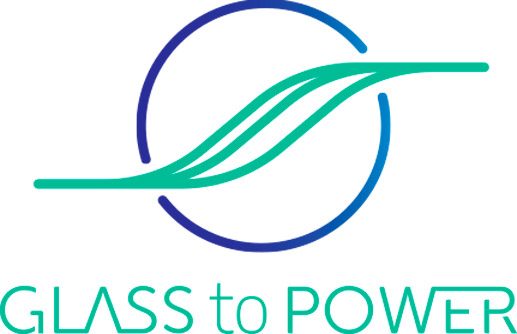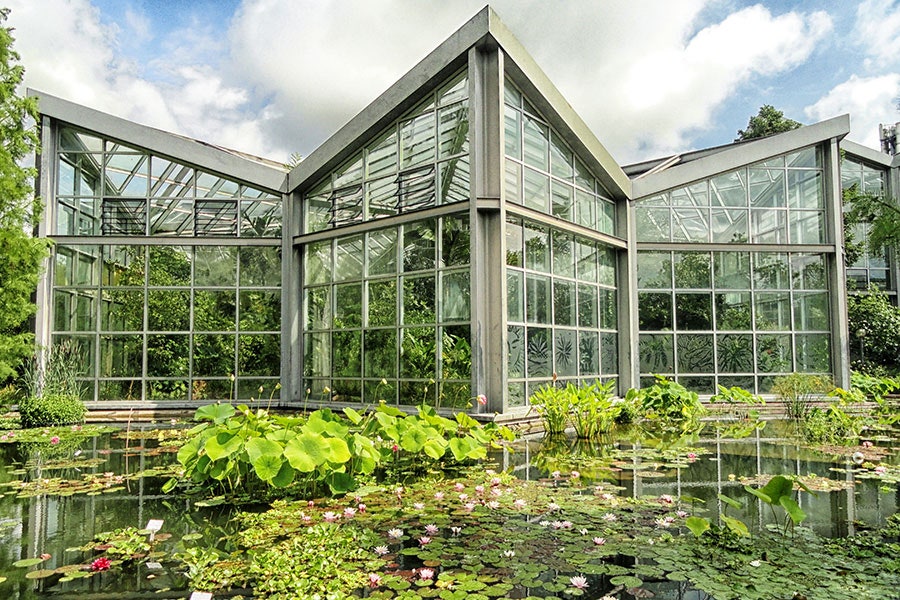Glass to Power is committed on several fronts for the development of innovative solutions for smart greenhouses. As part of the Help2Grow project, funded by the POR Piedmont Region, Glass to Power, in collaboration with Enerbrain, a company based in Turin, will test its transparent photovoltaic windows for theFarm of the Future. The project envisages the use of new technologies managed by artificial intelligence algorithms to make farming more energy efficient through the integration of renewable energy production systems such as Luminescent Solar Concentrators (LSC) and sunlight manipulation devices to influence the growth and quality of crops. Developments will cover IoT sensors for monitoring the various environmental parameters, new nanomaterials to help resist biotic and abiotic stress, a technology for activating and oxygenating water to reduce microbial content. Glass to Power will manufacture photovoltaic devices with an electrical production efficiency between 1.5% and 2.5% and with degrees of transparency that vary between 30 and 70%, maintaining a high level of brightness in the indoor environments. This design will offer a series of advantages for the development of new zero-energy greenhouses. In the agricultural, agri-food and environmental sector the Memorandum of Understanding between Glass to Powerand the Edmund Mach Foundationof San Michele all’Adige (TN), one of the most important research centers in the agro-food sector at European level, was signed. Among the key points of the agreement, which will have a duration of 5 years, there are the development of transparent photovoltaic elements and the use of photo-selective transparent elements engineered by Glass to Power for application in greenhouses both in a rural and urban context; the study of nanoparticles specifically engineered for use in the agri-food sector and joint participation in funding programs and pilot projects. At last, a new opportunity for Glass to Power comes from Sicily, through the NITAP project
– “nanomaterialsand technologies for biocontrol in protected agriculture” – where the University of Catania and the Market Led Srl business networks are partners.
Theprojectinvolves joint testing of LSCs and PE films doped with nanoparticles for the manipulation of the solar spectrum. A first step will be the conversion of industrial buildings into the innovative “passive agrivoltaic Mediterranean greenhouse”.


